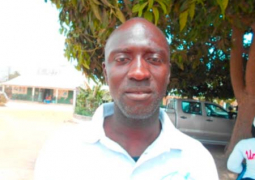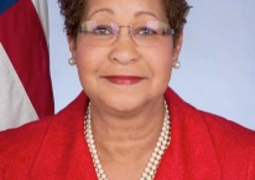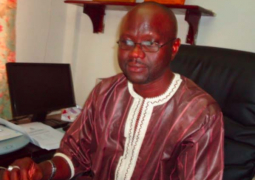The Gambia Young Men Christian Association (YMCA) in 2008 started the Lives Skills and Enterprise Development Project for marginalized and disadvantaged young people in The Gambia. The project is funded by the Big Lottery Fund of the
In addition to this, a business enterprise and marketing training had been conducted for over three hundred and fifty out of the total number of trained beneficiaries which will further equip them with the pre-requisite skills to manage their own small business ventures.
Providing real vocational life skills, training opportunity is not the only activity. Additionally, The Gambia has trained twenty youth advocates in Western Region, North Bank and Central River Region, Upper River Region and the Greater Banjul Areas, who will use the rights-based approach to advocate on employment rights, minimum wage and child labor. The advocacy activities will create that added value to proper monitoring of available legal framework and legislations that support youth employment.
These regional advocacy groups will lobby local authorities while it will dialogue with government on improving the status of youth employment and its underlining challenges.
As part of its added task The Gambia YMCA is poised at strengthening the Youth Employment Network - YEN Gambia Chapter, to be more responsive to the employment needs of Gambian youths. Consultations have already taken place with the National Youth Council and the Department of State for Youth and Sports, during which the
All these gains are indicators of positive development through a holistic approach. According to The Gambia YMCA's BLF Funded Project Coordinator, Joseph Taiwo Peacock, the impact of the project so far is very positive in the areas of advocacy, networking and also while some of the 2008 trained beneficiaries have already secured potential employment all over the country and have started earning about D1,000 monthly. Comparatively it's a tremendous achievement as these were youth who were not engaged at all and spend the whole time drinking 'ataya' or converging at 'vous'. Some others are busy developing their business plans in order to benefit from the Gambia YMCA's micro credit loans scheme which is part of the same project, whereas 2008 trained beneficiaries will submit realistic and viable business plans for consideration by the Gambia YMCA's Micro Credit Committee for possible support.
Presently for the 2009 project year, the Gambia YMCA has already recruited 637 young people nationwide who have satisfied the criteria of vulnerability and marginalization.
Speaking from his office in Kanifing South at the YMCA's headquarters, Mr Peacock reiterated the YMCA's resolve to create a positive change through economic empowerment for Gambian young people. He further emphasized the need for stakeholder involvement and collective intervention in tackling the employment challenges of young people. It is undoubtedly true that no one organization can do it all and therefore the need to work collectively is long overdue. He urged the private sector to support youth programs and interventions.
Read Other Articles In Article (Archive)

20-Year old Seeks Financial Assistance for Overseas Treatment
Jun 16, 2008, 5:38 AM




